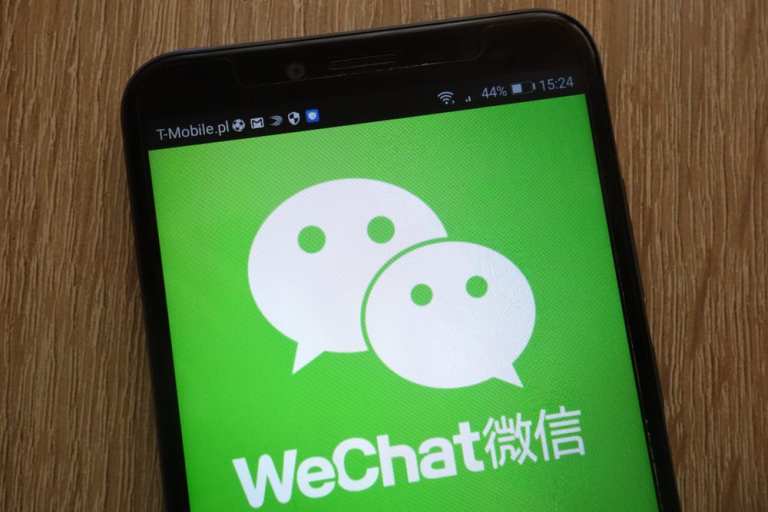Luxury Brands In China Embrace WeChat

Luxury brands are increasingly using chat app WeChat in China to reach customers and sell big-ticket items, according to a report by TechCrunch.
Brands like Bulgari, Cartier and Louis Vuitton are on the platform and connecting with millions of customers. Part of the appeal is that customers can create relationships with brands. They can talk to assistants in shops or join loyalty programs, and the social aspect creates return customers.
While WeChat is China’s largest messaging app, it has morphed in the past few years to a platform that provides a whole slew of services, including money transfers, errand running, hiring services and of course, shopping.
Pablo Mauron, a managing director for Digital Luxury Group, said the luxury market has noticed WeChat’s potential.
“I think WeChat is finally becoming what it’s supposed to be for luxury brands, which is not just a social media app,” Mauron said. “One [function] could be for customers to buy the product. Another could be for brands to build a loyalty program. Customers can pre-order a product or set up an appointment with the [offline] store.”
According to market research company L2, about 60 percent of luxury brands have a store on the platform, and many have more than one. That number is up from 36 percent in 2018.
WeChat has the capability for businesses to set up shops just like Facebook does, and the platform has upwards of 1 billion users. Matching the shop to the customer isn’t always easy, however, because there’s no central search engine.
Instead, many brands rely on QR code, advertising or online market, as well as other creative ways to let customers know a shop exists.
Many customer-forward services by brands in WeChat are powered by mini-programs, or simple apps that run in WeChat’s ecosphere.
“WeChat is becoming the most appealing option for brands that want to think about [customer relationship management], eCommerce strategies or simply other value-added services without having to rely on external partners,” Mauron said.